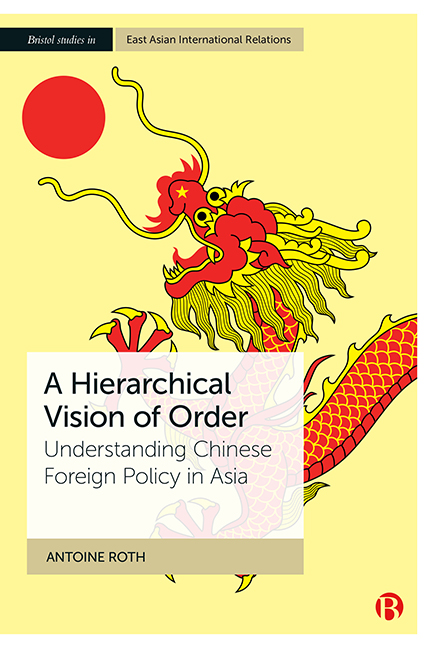Book contents
- Frontmatter
- Contents
- Acknowledgements
- Introduction
- 1 Aspects of Asia as an International System
- 2 The Ideal of Hierarchical Order
- 3 Statecraft in the Long Imperial Era
- 4 China’s Forced Entry into International Society and the Transformation of the Ideal of Hierarchical Order
- 5 The Pursuit of a Hierarchical Order in the People’s Republic of China
- 6 Moral Discourse and Ritual in Contemporary Chinese Diplomacy
- 7 Traditional Tools of Rulership in the Modern World
- Conclusion
- References
- Index
1 - Aspects of Asia as an International System
Published online by Cambridge University Press: 17 January 2024
- Frontmatter
- Contents
- Acknowledgements
- Introduction
- 1 Aspects of Asia as an International System
- 2 The Ideal of Hierarchical Order
- 3 Statecraft in the Long Imperial Era
- 4 China’s Forced Entry into International Society and the Transformation of the Ideal of Hierarchical Order
- 5 The Pursuit of a Hierarchical Order in the People’s Republic of China
- 6 Moral Discourse and Ritual in Contemporary Chinese Diplomacy
- 7 Traditional Tools of Rulership in the Modern World
- Conclusion
- References
- Index
Summary
The purpose of this chapter is to highlight several important structural factors of Asia seen as an international system which constrain and influence China’s ability to shape its relations with neighbours. This is meant to serve as a prelude to our main argument. The aim of this book is to study the attraction that one idea, namely hierarchy as it relates to order, has exerted on Chinese statesmen in their dealings with the outside world, serving as a figurative pole star towards which they have oriented themselves time and again. This means we will emphasize continuity in the intellectual realm. It is therefore important to bring nuance to that argument with a reminder that, whatever continuity there has been in China’s understanding of what a stable and harmonious order should look like, its international environment itself has been anything but stable or unchanging over the course of its long imperial history, to say nothing of the transition to the modern society of states.
The features we will highlight here all relate to Asia understood as a system, that is, as a group of polities brought into sustained contact by economic and geopolitical forces. Discussion in those terms will thus focus on power, technology, and other factors conditioning to an extent states’ behaviour independently of their aspirations or values. As discussed in the introduction, this can include normative elements as well if they become so widely and unquestionably accepted as to form another conditioning factor, weighting on states or pushing them in a certain direction regardless of immediate intent. In the following pages, then, we highlight some important systemic forces and their fluctuations that have set the conditions for China’s foreign relations over the centuries. We will put particular emphasis on how much structural change the modern transition brought to Asia and how this change has altered the nature of China’s relations with its neighbours, redefining the boundaries within which it can pursue the ideal of hierarchical order. Specifically, the three forces discussed are the distribution of power in the system, its interaction capacity as determined by available technologies, and hegemonic beliefs about basic principles of legitimacy.
- Type
- Chapter
- Information
- A Hierarchical Vision of OrderUnderstanding Chinese Foreign Policy in Asia, pp. 20 - 41Publisher: Bristol University PressPrint publication year: 2023



